Working life and other areas of daily life are very hectic nowadays and people tend to live in their bubbles with like-minded people. It is important to gain new insights every once in a while by discussing your thoughts and ideas with people from different fields.
In spring 2021, Sitra organised the Future incubator of Bildung as part of its Bildung+ project. In the incubator, renewal-oriented parties operating in the field of Bildung explored the opportunities offered by it for accelerating ecological reconstruction and solving difficult problems.
Participants in the debate included both traditional and new Bildung-related parties, ranging from Scouts to the Activist Grannies. The discussions gave cause for optimism. Instead of being solely the accumulation of knowledge and skills, Bildung was considered as a journey and impetus to expand one’s horizons. Bildung is needed to enable us to recognise the significance of the choices we make.
Four incubator participants from the Finnish Adult Education Association, Seta, the ANTI Festival and Parecon Finland describe the kind of Bildung that is needed now and the potential of the concept as a transformative force in society.
The Bildung of the future focuses on the meaningfulness of life
Bildung in its traditional form has not succeeded in preventing major problems, such as the climate crisis. People’s activities are so intelligent , efficient and advanced that they change the planet’s surface, atmosphere, oceans and nutrient cycles significantly. The survival of humans and other species is endangered.
The new view of Bildung requires us to add the well-being of non-human nature alongside people’s well-being. This necessitates a re-thinking of how society works: a move away from current consumerism towards a life where meaningfulness arises from culture, intangible services and community activities.
The Finnish Adult Education Association’s Chair Björn Wallén has worked with Bildung for 35 years. The Finnish Adult Education Association is a co-operation and advocacy organisation for non-formal educational institutions, such as adult education centres. Wallén has participated in the development of a so-called ecosocial Bildung approach, which takes into account the economic, social and ecological sustainability of people’s activities.
“Instead of consuming natural resources, we should focus on the meaningfulness of life. Gradually abandoning consumer society does not meaning giving up quality of life. Quality of life could improve and culture flourish,” notes Wallén.
Bildung creates a belief that the future can be different and that change is possible. This kind of Bildung focusing on the meaningfulness of life can only be generated through encounters with others.
“Bildung always stems from community: it does not happen alone or through a single individual,” explains Wallén.
Bildung can only be built on equality
Climate change and biodiversity loss are today’s crucial crises. People’s relationship with nature inspired a lot of discussion in the Future incubator of Bildung, too.
The LGBTI rights organisation Seta’s training co-ordinator Marita Karvinen says that the individual’s relationship with nature is crucial, but we should also pay attention to the individual’s relationship with the rest of humanity. The ecological crisis and other tough contemporary global problems. When we want to create progress in society together, it is important that people genuinely feel that they are equal and in the same boat.
According to Karvinen, we still have strict norms that exclude some people. Seta’s goal is to drive comprehensive change in society to ensure that human rights and well-being are realised regardless of people’s sexual orientation, gender identity or gender manifestation. Taking all other kinds of diversity into account is also important in a society that strives to expand Bildung and solve today’s big problems.
“From Seta’s point of view, there cannot be Bildung if there are no universal human rights, genuine equality and non-discrimination. Without these things, Bildung has no foundation. You cannot assume that excluded people would find the common project important,” says Karvinen.
Bildung can be seen in actions and participation
The Kuopio-based ANTI Festival brings art to the streets and offers free cultural experiences in public spaces. The festival emphasises everyone’s right to experience art and be involved in art and urban space development.
The ANTI Festival Manager Elisa Itkonen participated in the Future incubator of Bildung’s activities aiming at finding ideas for participatory methods that put Bildung thinking into practice.
“I have a strong vision of the importance of a multidisciplinary and pluralist approach in Bildung. We must move away from a polarising debate and think about how we can generate dialogue among people who disagree. The incubator participants were a multidisciplinary group but in many ways also homogeneous: white and highly educated. I would like the debate to involve an even larger and more diverse group of people,” says Itkonen.
Bildung is often regarded as intellectual book learning. Itkonen’s view is that Bildung is also action and participation. One can become aware of societal issues in many ways.
“In art, Bildung-related activities can even involve a great deal of embodiment. People can use all their senses to participate in an art experience, which at the same time deals with broader societal phenomena.”
You do not need to be an artist to be involved in an artistic process. The ANTI Festival works not only with artists but also more widely. The festival partners have included a sports event and even a funeral home.
“Through their work, our artists express their views of society and usually engage their audiences in both the creative process and performances. Through art, many kinds of people can take part in the societal discussion and strengthen their Bildung.”
Bildung gives hope and offers opportunities
The coronavirus pandemic has prompted us to think about everything from the point of view of restrictions. In the future, it is important to focus on opportunities. The Finnish Adult Education Association’s Björn Wallén talks about toiminnallinen toivo (action-based hope). In an era of seemingly intractable problems, Bildung is a key driver that makes people take practical action. New global movements can emerge and spread quickly.
The ordinary idea of a civilised debate is that intelligent people back up their opinions with rational argument. But with the most contentious questions there are ideological differences that are extremely difficult to overcome.
The Future incubator of Bildung discussed what kind of dialogue is needed to solve major crises. Wallén is writing a book on deep Bildung and has developed a method called katsomusdialogi (worldview dialogue), in which people representing different worldviews discuss shared challenges. According to Wallén, there are three layers underlying people’s beliefs: opinions at the surface layer, ideologies at a deeper layer and worldviews at the deepest layer. Instead of superficial debates, deep Bildung seeks to enter the level of worldviews.
“It is based on presence: that we can be present as whole persons, be ourselves without judging others and find a wider space together. This kind of presence eliminates obstacles between us”, says Wallén .
The incubator also discussed topics such as disinformation and the role of information and emotions in the societal discussion. Seta’s Marita Karvinen found it interesting that society values fact-based information, not talking about emotions, although many people’s opinions and messages are based on an emotional concern. For example, prejudices about different minorities essentially stem from fear or worry.
“This is not immediately apparent when talking about emotions is not allowed. The worry must then be turned into factual information, even though it is not fact. When someone has a totally opposite set of beliefs to your own, you should try to understand their concerns. I had already forgotten this point even though in Seta’s activities it should be kept in mind,” says Karvinen.
Bildung is democratic and understandable
Parecon Finland works to promote a more democratic economic system. According to the organisation’s Chair Antti Jauhiainen, often the obstacle on the road to change in society is cynicism: although people have opinions and dreams, they often do not believe in their own chances or have models for taking action.
“In the book Huipputuloiset by Anu Kantola and Hanna Kuusela, rich people boast about how they can call a minister or hire lawyers to draw up convincing initiatives . Although Finland is a lovingly and carefully built welfare state and differences in wealth are very small, many still have experiences of the impossibility of influencing, which causes cynicism.”
Bildung requires slowness, encounters and security. Many spend all their time earning a living and looking after everyday matters and not all have an equal opportunity to set aside time for strengthening their Bildung and following their curiosity. Jauhiainen himself is a teacher and participates in organisational activities in his free time so he knows the challenges of participation well – for example, he managed to attend only two incubator sessions. Themes that came up in the debates included the need to increase the porosity of everyday life, reserve time for thinking, active idleness and encounters that offer room for the growth of Bildung.
“It would be a good idea to have public cafés or meeting points to generate Bildung, where people could come to read and discuss. People would have the right to participate in this kind of reading circle a couple of times a month, for example, and also be paid for this so that using time for this purpose would also be a financially viable option,” proposes Jauhiainen.
According to Jauhiainen, the Bildung of the future is democratic, not only when it comes to participation opportunities but also in the sense that it is easily approachable and understandable for as many people as possible. Even difficult societal issues should be handled in a manner that makes it possible for even schoolchildren to talk about them.
The transformative force of Bildung lies in the way it helps us see our place and our goals.
“Bildung helps us understand why we have come to this situation, what we want of the future, how far these goals are and what can be done to achieve them.”
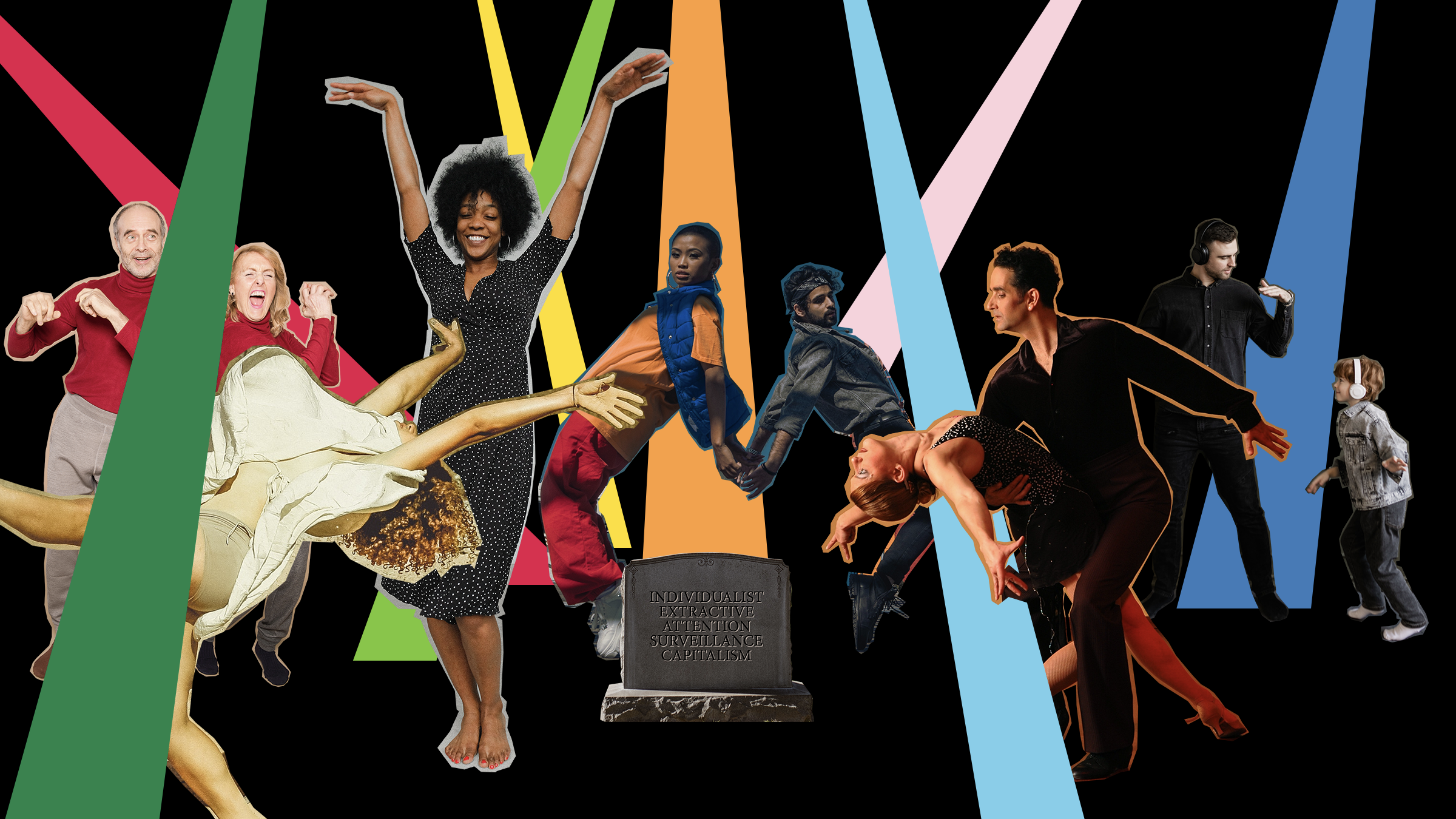
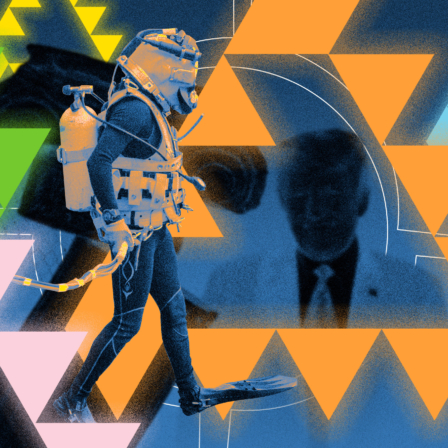
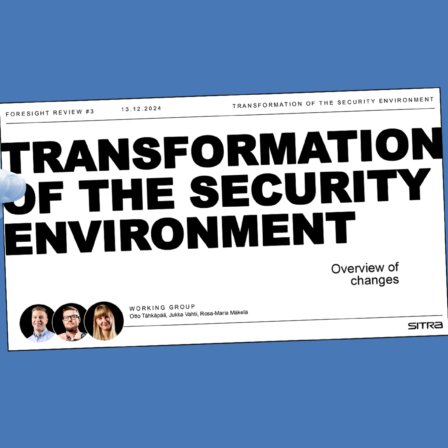
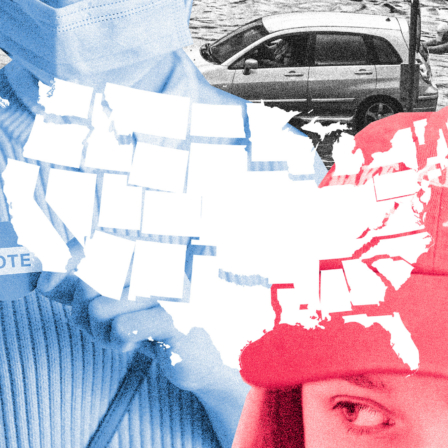
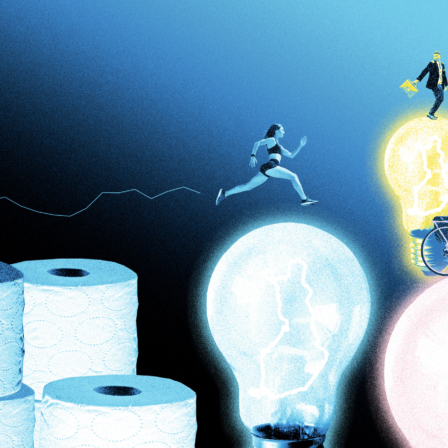
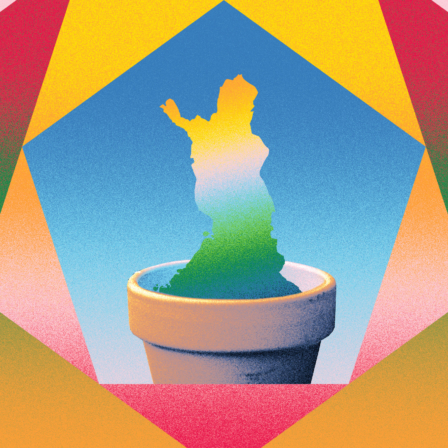
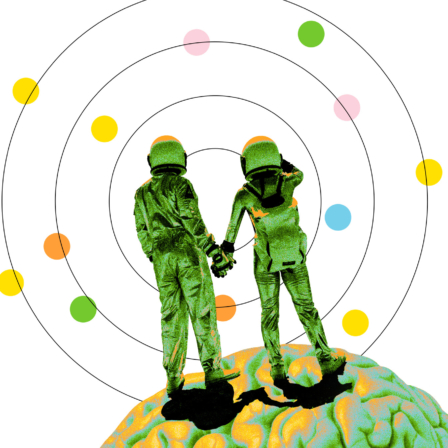





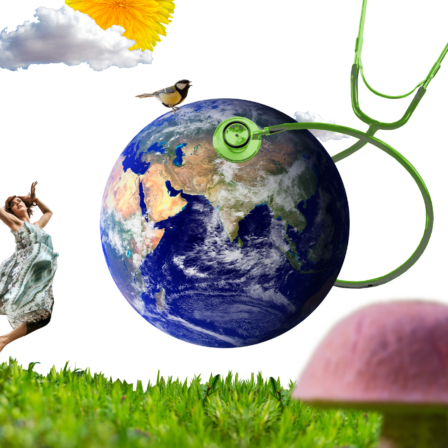
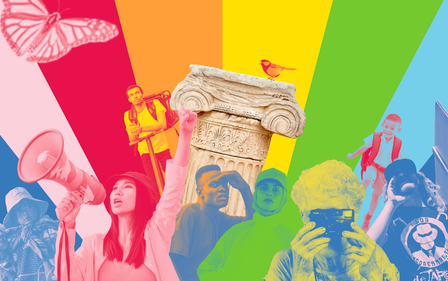
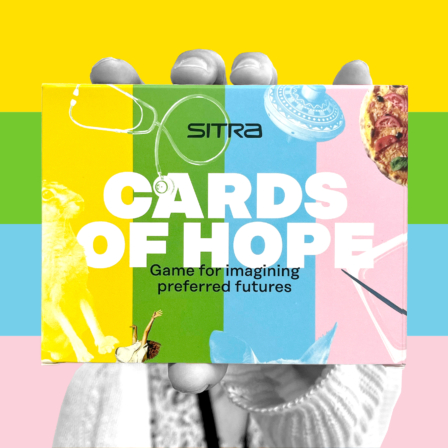
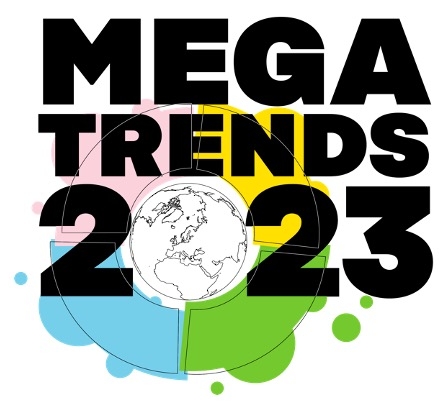
Recommended
Have some more.